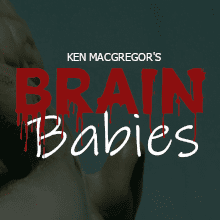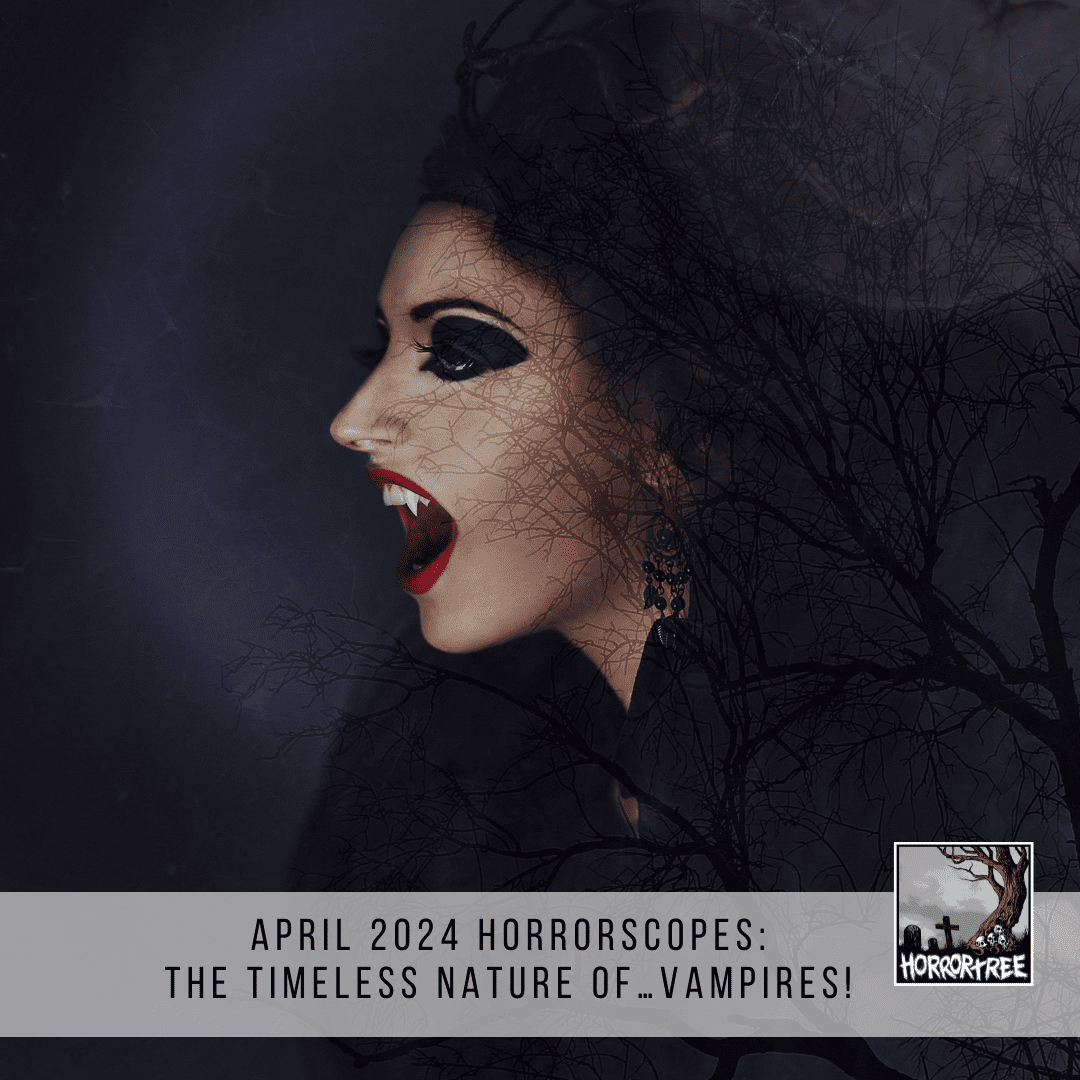The Horror Tree Presents…An Interview with Patrick Freivald
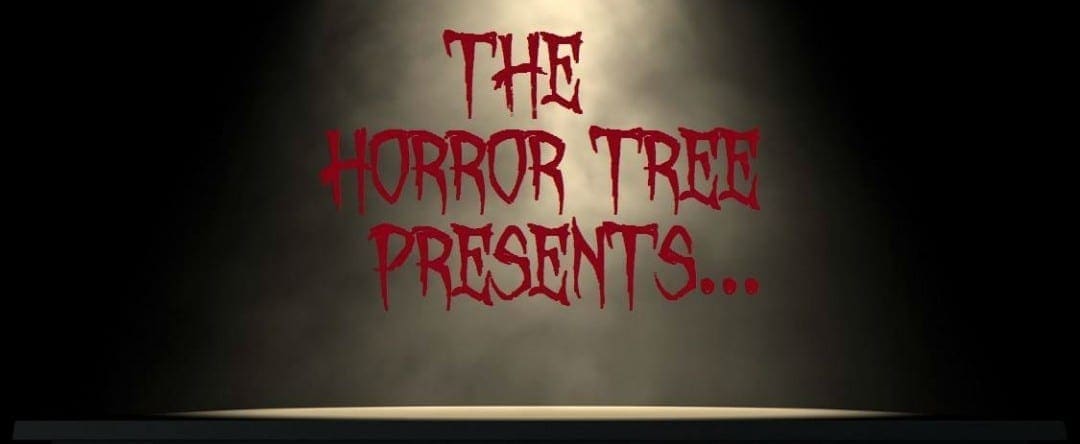
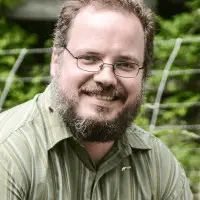 Claire – Hi Patrick! Great to chat with you. Let’s jump right in. What are you working on now?
Claire – Hi Patrick! Great to chat with you. Let’s jump right in. What are you working on now?
Patrick – I have several projects going right now. I’m waiting for last beta reader feedback on a dark fantasy about a necromancer trying to save the world, I’m collaborating with David Price on a contemporary or near-future thriller, and I’m cranking out some original short stories in the hopes of putting out a collection in the next year or so.
Claire – I see you’re a beekeeper and high school teacher. Quite an interesting combination! How do those jobs impact your writing?
Patrick – Besides getting in the way? It really depends. My novels Twice Shy and Special Dead are about students and education (and zombies), so of course teaching impacted what I wrote about, how, and why. Physics sometimes comes into play when I don’t feel like ignoring it for the purposes of a story—my Matt Rowley thrillers are about augmented superhumans and fallen angels, so didn’t much tie in to teaching or physics there. As for beekeeping, I’ve only written one story involving bees, because I will only portray them in a positive, or at least neutral/natural, light. I’m pleased to say that this story was published in an anthology alongside Neil Gaiman and Clive Barker!
Claire – You’re also a Bram Stoker Award® nominee. That’s amazing! Tell me about the nominated work/s.
Patrick – Four awards, but who’s counting?
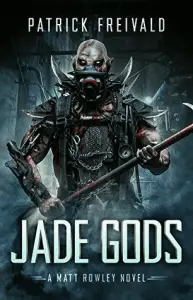 I’ve been nominated in three categories. In 2013 I had two: Special Dead (the sequel to Twice Shy) is about zombies mainstreamed into a public school and was nominated in the Young Adult category. That year, Joe McKinney’s absolutely wonderful novel Dog Days took the award. “Snapshot” was nominated in the short fiction category, a cautionary tale about biomedicine and vanity—I have no idea how it got enough attention to get nominated, as the publisher of the anthology it appeared in collapsed maybe a month after it came out. David Gerrold’s “Night Train to Paris” won.
I’ve been nominated in three categories. In 2013 I had two: Special Dead (the sequel to Twice Shy) is about zombies mainstreamed into a public school and was nominated in the Young Adult category. That year, Joe McKinney’s absolutely wonderful novel Dog Days took the award. “Snapshot” was nominated in the short fiction category, a cautionary tale about biomedicine and vanity—I have no idea how it got enough attention to get nominated, as the publisher of the anthology it appeared in collapsed maybe a month after it came out. David Gerrold’s “Night Train to Paris” won.
The Matt Rowley books have gotten some love, too. In 2014 the first book, Jade Sky, was nominated through the member recommendation process, and in 2015 the sequel, Black Tide was chosen by the jury to be on the preliminary ballot and made the cut to become a nominated work. That’s pretty fun, given that they’re basically hyperviolent superhero stories, with demons and fallen angels and macabre technology. I lost out to Steve Rasnic Tem’s Blood Kin and Paul Tremblay’s A Head Full of Ghosts, both excellent books.
Claire – Did winning an award change your perspective on writing? Has it influenced you in any particular way?
Patrick – Hey, now, I’m a four-time loser! My ego, though vast, is as-yet unvalidated with a haunted house statue.
I did receive the 2015 Richard Laymon Award for Service from HWA President Lisa Morton, but that was for my role moderating the HWA’s Facebook Page. Andrew Wolter shared the award, and we both got a very nice engraved glass plaque. Moderating the page is a bit of work that sometimes can get a little eye-widening, and the acknowledgment was nice, but it wasn’t for my writing.
Claire – You’ve received great reviews for your ‘Matt Rowley’ series. Tell me about the books. What is it about writing thrillers that interests you the most?
Patrick – They were kind of inspired by the Marvel movies, in that you watch these superheroes get thrown into cars hard enough to dent them, or blasted straight through brick walls, but they suffer no bodily trauma. So, there’s violence, but there’s not really much in the way of violence. So, I decided to make people who are very strong, very fast, etc, etc, and can heal very quickly, but along the way can take (and inflict) truly horrific damage. That turned into, “well, what do these augmented humans have to deal with?” And an action thriller franchise was born. And because I’m me, there’s bound to be horror folded into the narrative.
Thrillers are fun because, well, they’re fun. In addition to the Matt Rowley books, I co-wrote an FBI/Serial Killer novel with my twin brother, Blood List, about a killer trying to save his father’s life, as a way to upend some of the thriller tropes but still give a solid gut-punch ride to the reader. I write a lot of softer horror, too, especially in my short stories, but my agent is shopping several novels right now, one of which is a thriller involving transhumanism and aliens, one is straight-up horror about an affluent violinist being sexually stalked by a demon, and one is mid-grade fiction for reluctant reader boys, about the only kid in his class who sucks at magic.
Claire – Where did the inspiration for Matt Rowley come from? Is an action-hero version of yourself? Was he inspired by other fictional characters?
Patrick – I Tuckerized the name from my friend Matt Rowley, who is about as different from the character as a person can be. The character himself is sort of a small-town Captain America but with a much more fragile moral compass when it comes to “just following orders,” and, and I think this is quite important, real ties—he’s got parents, a wife and child, a home town, things that Cap, even in the older comics, basically doesn’t. My favourite character in the series, Sakura Isuji, isn’t really inspired by anyone—she’s a stoic badass with a troubled past that involves infiltrating the Yakuza at a very young age before rising in the ranks of the Tokyo PD, and then becoming a superhuman soldier alongside Rowley. She is, I think, the best kind of character—I didn’t want her to be like or not like anyone else, and didn’t draw any obvious inspiration from anywhere, I just knew who she was and how she became that person and wrote her that way.
Claire – Tell me about your writing process. Do you set aside time to write? Do you write on a schedule? Or on a whim?
Patrick – I write when I feel like it, which is most days. During Robotics build season—I’m the coach of our local team—I don’t write at all, because it sucks up all of my time from early January through mid-March or so, and any downtime I have is spent churning on the engineering challenges, keeping on top of paperwork, etc. Despite this sporadic and heavily-interrupted “schedule,” I write about two novels and five to ten short stories a year, so it works for me.
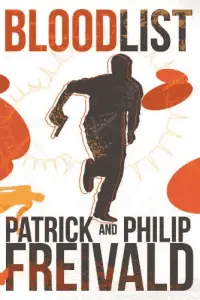 Claire – You co-wrote ‘Blood List’ with your brother. How did that work? I’d imagine it would have been an interesting writing process.
Claire – You co-wrote ‘Blood List’ with your brother. How did that work? I’d imagine it would have been an interesting writing process.
Patrick – We lived nearby, so spent a lot oftime talking in person. After hammering out a very comprehensive outline, we tackled the chapters out of order, each picking and writing what we felt like writing, until we’d finished the rough draft. We then went back, and each rewrote, edited, tweaked, etc, until neither one of us have any idea who wrote which part.
I’m not saying I’d recommend doing things that way, but it worked for us at the time, and the result is a pretty kickass yarn.
Claire – ‘Blood List’ concerns characters who are connected to the FBI. Do you do a lot of research for your stories?
Patrick – We do, and we also make a lot of stuff up. The entire conception of Palomini’s team is total fiction—the FBI doesn’t do things that way, and likely will never start doing things that way, but the way the FBI actually does things is pretty routine and boring and doesn’t really make for a good thriller, so we quite deliberately said, “here’s a new model for investigation that the FBI is doing, and…” But on the flip-side, much of the technology, the information on serial killers, tactics, and so forth, yeah, we tried to get those details as right as possible.
Claire – I read you coached an award-winning competition robotics team for high school students. Does your busy schedule help or hinder your writing process?
Patrick – It’s a hindrance, but I don’t have kids, don’t watch a whole lot of TV, and don’t play video games, and I like writing, so when it comes down to it I probably spend more time writing than a lot of people, robotics and day job notwithstanding.
Claire – I see on Amazon you’ve contributed to several anthologies. What do you like about writing for anthologies? Do you prefer short stories or long-form fiction?
Patrick – I like both. My first published work was a piece of flash fiction, and the form is a lot of fun—trying to pack as much as possible into a thousand words, no exceptions, is a great challenge and I highly suggest that people try it.
My method for writing short stories is entirely different from my method for writing novels. My novels are obsessively outlined, researched, plotted—with detailed character dossiers, necessary bits of dialogue, Easter Eggs, and so forth built into each scene before I “write” the first word. (That is to say, the first words that an actual reader will see.)
My short stories are totally pantsed—I have a character and an idea of where it will probably go, and then I just let it go where it does. Sometimes that turns into a thousand words, sometimes six thousand, sometimes something in-between.
Claire – Who is your favourite author, and why?
Patrick – I don’t have a favourite author. I put down more books than I finish, but the books I finish all bring me something I didn’t have before I read them, and I appreciate any author who can do that—and there are a whole ton of them.
Claire – Do you read books of genres different to your own writing? How important do you think it is to read to be able to write?
Patrick – I read a lot of horror, fantasy, science fiction, thrillers of various stripes, non-fiction (science and history, mostly, plus anything by Sebastian Junger), and the occasional contemporary fiction (from Bridget Jones’s Diary to Gone Girl to Big Trouble). Sometimes I read for fun, sometimes for catharsis, sometimes just because whatever it is (fiction or non-fiction) is interesting.
I would assume that, all things being equal, an author who reads a lot will likely be better than an author who doesn’t, but to be honest I don’t spend a lot of time worrying about how other people are spending their time. Are there authors out there who don’t read much but who write great books? Probably. Are there authors who read like crazy but put out some rather crappy work? Sure.
But when I pick up a book, I don’t know whether the author reads widely, or only in their genre, or at all. And I don’t care. Either the book stands on its own merits or it doesn’t. I’m not going to name names, but one of my favourite fantasy authors has also written some utter tripe, and they weren’t that many years apart, so I can’t imagine that her reading habits changed in-between. And I can’t imagine why I’d care. Either the books are good, or they aren’t; the first series was amazing, and the second was dreck.
Claire – Do you get writers block? If so, what do you do to overcome it?
Patrick – No.
Claire – Writers are weird, right? What’s the strangest/most interesting thing about you?
Patrick – Everybody’s weird, and everything weird about me is normal to me. I think I’m a pretty regular guy, but there are people who think I’m mad as a hatter. Are they crazy, or am I? Who cares?
Maybe that’s the answer. The weirdest thing about me is that I truly, genuinely don’t care what other people think about me. My tribe will find me, and the people who don’t like me can go find their tribe. It doesn’t bother me one whit if people don’t like me, my work, my attitude, whatever. There are a lot more people and a lot more things to read, so if I’m not your cup of tea, you’ve got lots of options.
Claire – Tell me about your future projects.
Patrick – As I said above, I’m working on two novels and some short stories right now and trying to sell the four completed novels that aren’t out yet. This is the first time in a while that I haven’t had a deadline with a specific project, so I’m doing whatever strikes me as the next cool thing to do. Today I think I’m going to play some Warhammer 40K, watch football, and drink beer with the real Matt Rowley, then come home and tuck into Justin Cronin’s The Passage for a couple of hours.
Claire – And finally, you’re stuck on an island with only one book. What’s the book?
Patrick – ‘How to Get Off An Island’ by somebody way smarter than me.
Author website: Patrick.Freivald.com
Editing blog: patrickfreivald.blogspot.com
Facebook: Patrick Freivald
Instagram: patrickfreivald
Twitter: @patrickfreivald
FIRST Team 1551: grapesofwrath1551.org
- About the Author
- Latest Posts

